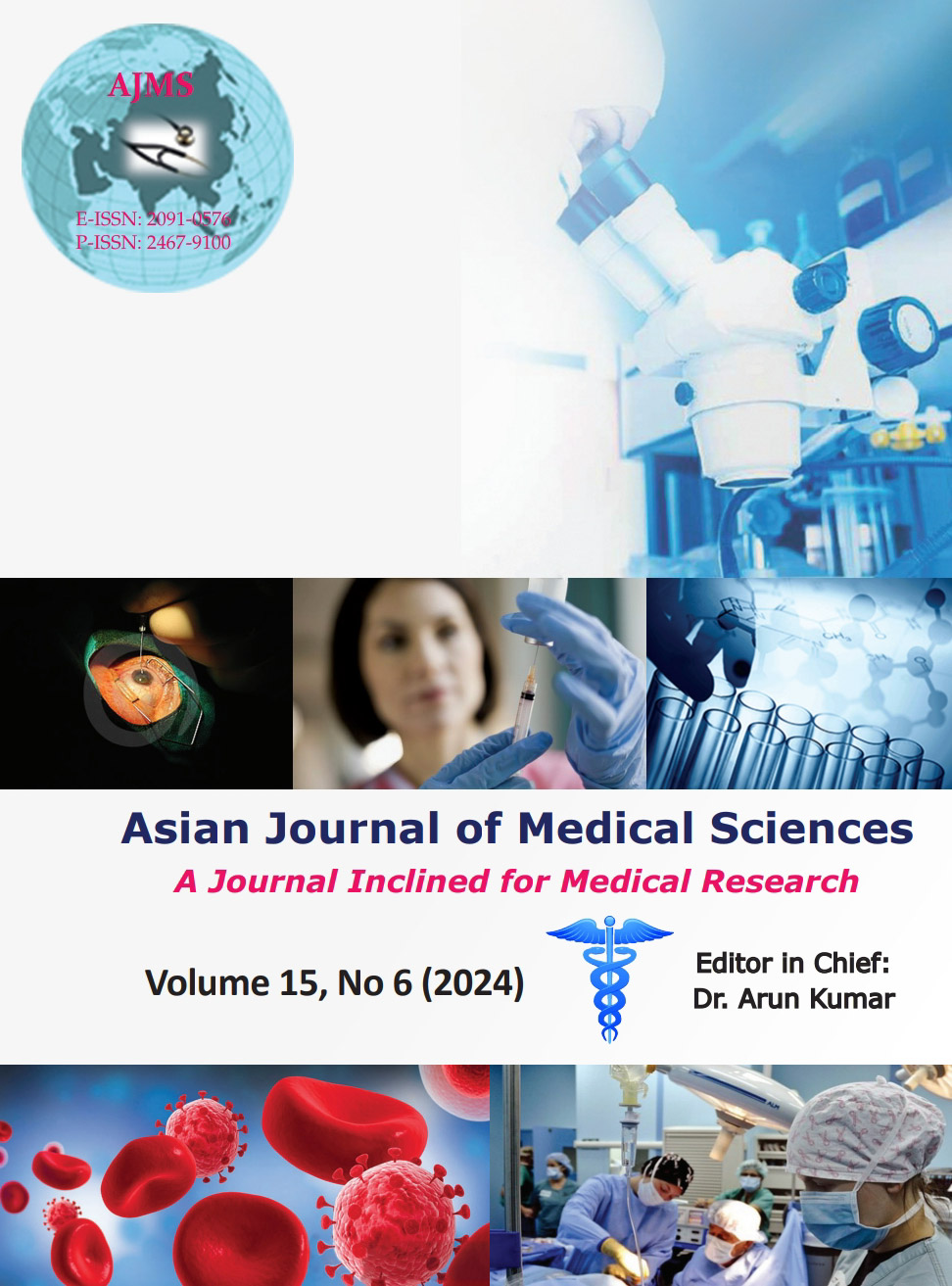Effect of highly sensitive C-reactive protein on cardiovascular risk of Type 2 diabetes mellitus adults: A systematic review
Keywords:
Diabetes mellitus; Metabolic disease; Cardio vascular diseaseAbstract
Diabetes mellitus (DM) is a significant global health issue that affects nearly 537 million of people, with Type 2 DM (T2DM) accounting for the majority of cases. Death is frequently the result of diabetes-related complications, particularly cardiovascular illnesses, neuropathy, retinopathy, and nephropathy. Type 2 diabetes and cardiovascular events, such as coronary heart disease (CHD), are linked to a greater likelihood of creating when C-reactive protein (CRP), a representative acute phase inflammation response protein, is elevated. The purpose of this systematic review is to examine how T2DM adults’ cardiovascular risk is affected by highly sensitive CRP (hsCRP). The information found through searches of digital sources such as EBSCO, EMBASE, PubMed, Scopus, and Web of Science. The investigator separately reviewed each abstract and title in comparison to predetermined inclusion and exclusion standards. Google Scholar was used for further research. Using terms, a thorough search plan was created. The terms “hs-CRP,” “Type 2 diabetes mellitus,” and “cardiovascular disease” have been utilized. To translate the results for other databases, the original search was done in PubMed. To find additional pertinent papers, reference lists of the research included and previously released reviews were also examined. The findings state that people with DM have a higher risk of developing heart disease. Due to their elevated carbohydrate intake, unhealthy diet, and genetic disposition, Asian Indians are at a high risk of developing cardiovascular disease and DM. Diabetes patients’ cardiovascular risk is primarily determined by insulin sensitivity, which can be assessed using the markers hsCRP and tumor necrosis factor-. Lipid profile is important in cardiovascular diseases because high blood glucose levels encourage the body’s production of cholesterol, which increases the risk of heart malfunction in obese diabetic patients.
Downloads
Downloads
Published
How to Cite
Issue
Section
License
Copyright (c) 2024 Asian Journal of Medical Sciences

This work is licensed under a Creative Commons Attribution-NonCommercial 4.0 International License.
Authors who publish with this journal agree to the following terms:
- The journal holds copyright and publishes the work under a Creative Commons CC-BY-NC license that permits use, distribution and reprduction in any medium, provided the original work is properly cited and is not used for commercial purposes. The journal should be recognised as the original publisher of this work.
- Authors are able to enter into separate, additional contractual arrangements for the non-exclusive distribution of the journal's published version of the work (e.g., post it to an institutional repository or publish it in a book), with an acknowledgement of its initial publication in this journal.
- Authors are permitted and encouraged to post their work online (e.g., in institutional repositories or on their website) prior to and during the submission process, as it can lead to productive exchanges, as well as earlier and greater citation of published work (See The Effect of Open Access).




